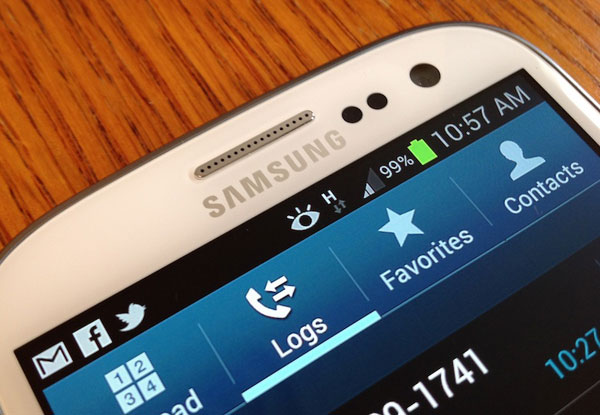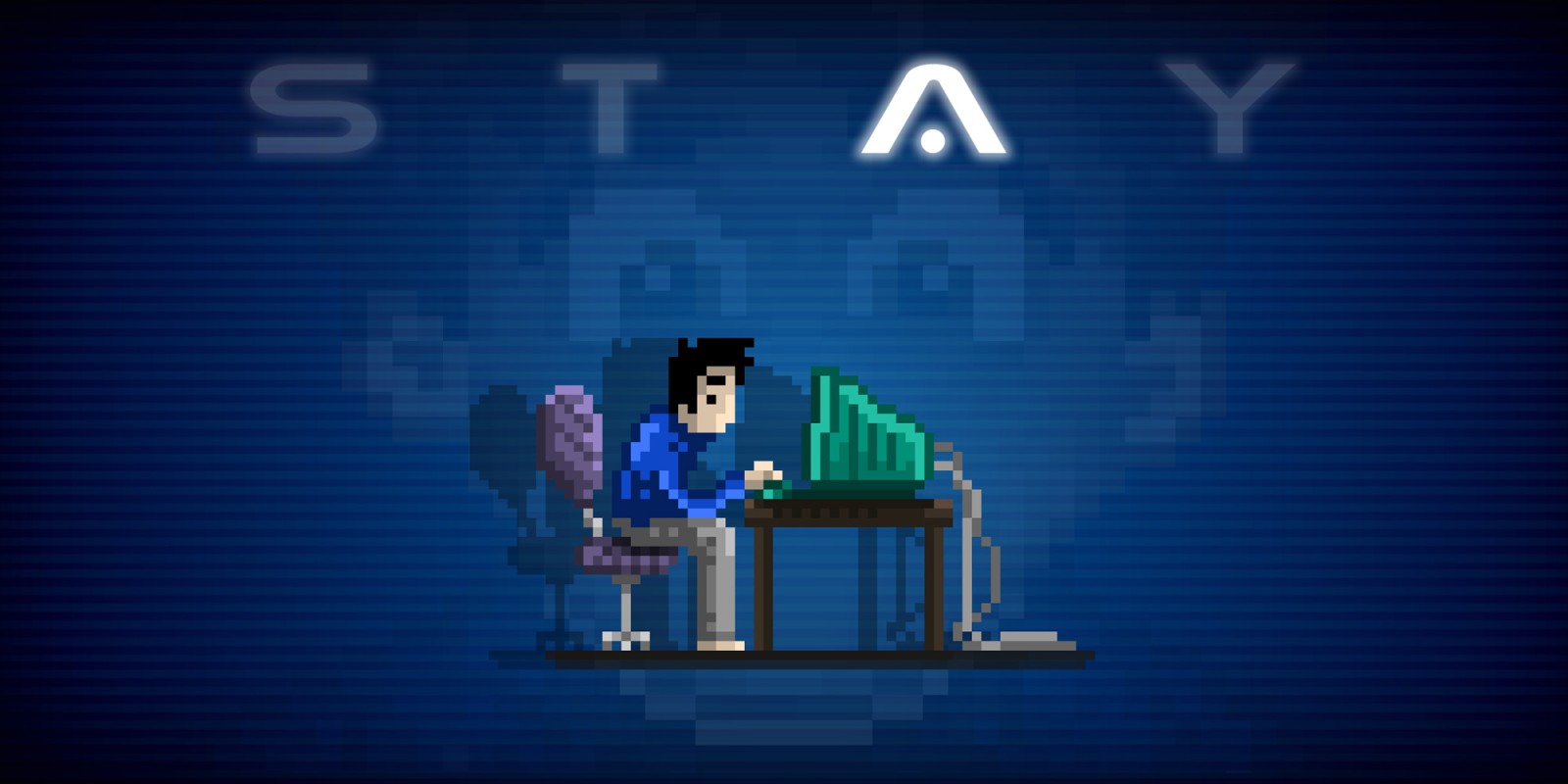

Perfect for fans of Daniel Kahneman and Malcolm Gladwell, this livestream event will teach you how to navigate big data and understand the risks for yourself. (So, take notes - keep them somewhere, link them and develop them.). Gerd will offer a life-raft in a sea of information and an urgent invitation to actively shape the digital world in which we want to live. Book cover art for How to Take Smart Notes. In this livestream event, decision making expert and psychologist Gerd Gigerenzer will show us how, when people are involved, trust in complex algorithms can lead to illusions of certainty that become a recipe for disaster.ĭrawing on decades of research into decision-making under uncertainty, Gerd will make a compelling case for the enduring importance of human discernment in an automated world that we are told can - and will - replace our efforts.įilled with practical examples and cutting-edge research, this livestream In Conversation event will examine the growing role of AI at all levels of daily life with refreshing clarity. Humans are the greatest source of uncertainty in these situations. We have been told that an automated world is just around the corner.įrom dating apps and self-driving cars to facial recognition and the justice system, the increasing presence of AI has been widely championed. I highly recommend it to anyone looking to get the most from their reading.Is more data always better? Do algorithms really make better decisions than humans? Can we stay in control in an increasingly automated world? If one can trust one's knowledge system, one can freely switch without cognitive overload.Īhrens' book was concise, useful and stimulating. There should be no fear of being overwhelmed. Ahrens also recommends working on several manuscripts at the same time, to facilitate unexpected links between ideas and because it is easy to switch to a different topic when one feels like it.

When linking or tagging notes, one should carefully think how one can stumble upon this note when writing on a particular topic. One should always read for understanding and with the eye of how these ideas can fit in existing projects. Instead of trying to connect some ideas on a blank sheet of paper in ten minutes, one can draw from the links in ones knowledge system gathered over months. A good slip-box makes brainstorming unnecessary. The slip-box naturally complement to ones one brain: the latter is useful to organize thoughts while the former is ideally suited for storing them. It is only by writing notes in which one can clearly present an idea in one's own wording that one can demonstrably assimilate new knowledge. Writing can be fun and easy! An essential idea in this book is that writing is a thinking method and not merely the end result. By following the smart note-taking principle, one circumvents the dreaded 'white page' one has to fill. When sufficient mass is in one's knowledge system, writing a manuscript becomes only a matter of organizing existing ideas and polishing them into a publishable text. Hence, it is vital that making such smart notes and maintaining one's knowledge base becomes a habit. The main point is not to define topics in advance but letting the topics emergence organically in a bottom-up fashion.Īcademics or non-fiction writers continuously have to generate new works. A note can only be as valuable as its context. These notes are then routinely processed in one's system, where related ideas are linked together, both somewhat hierarchically and unstructured.

One then stores these notes in the 'slip-box', where they are subsequently processed. The smart note taking principle involves writing the main idea of what one read in a simple note on a piece of (virtual) paper. In this work, Ahrens presents a simple scheme for smart note-taking, based on the Zettelkasten method of the prolific German sociologist Luhmann. Sadly, we fail to incorporate what we read in our writings, building new material and gaining deep insights.

This post is a summary of the excellent book How to Take Smart Notes.Īs students, academics or writers, we spend an enormous amount of time into reading. It is about how to retain things one is reading, for creating a literature survey for writing a paper or just generally learning. This post is complementing the previous one. My last post was some general advice on staying on top of things.


 0 kommentar(er)
0 kommentar(er)
